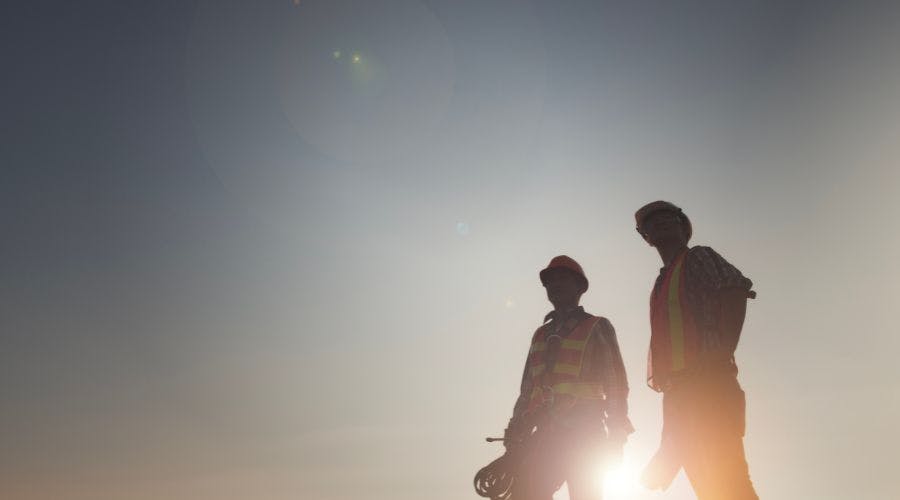A Workplace Mental Health Imperative

From 1 April 2023, a new Code of Practice and Regulation, Managing the risk of psychosocial hazards at work, comes into effect and is legally enforceable at all workplaces covered by the Work Health and Safety Act 2011.
It is essential for organisations to implement effective control measures for psychosocial risks in their workplace.
The new Code and Regulation covers employers, workers, contractors, subcontractors, outworkers, the self-employed, apprentices and trainees, work experience students, and volunteers along with other people in workplaces, such as customers and visitors.
What is Psychosocial Safety?
Psychosocial safety refers to the conditions in the workplace that affect the psychological and social wellbeing of employees.
According to David Burroughs, Principal Psychologist, Australian Psychological Services, psychological safety is about interpersonal relationships, and psychological health and safety is about systems at work and risk mitigation. The theory of Psychological Safety Climate (PSC) refers to an organisational climate for employee psychological health, wellbeing and safety.
PSC is a lead indicator that can be used to predict future trends in workplace health, safety, wellbeing and productivity. It acts as an alert so that employers can be proactive in protecting employee health and strategic in their methods for prevention and intervention.
Workplace Mental Health Strategies
The good news is that a report by PwC estimates an average return of $2.30 in benefits to the organisation for every $1 spent on effective mental health initiatives.
To effectively manage the risk of psychosocial hazards in the workplace, employers need to promote mental health awareness and provide training
Mental health support and awareness training helps employees recognise early signs of stress and other mental health issues in themselves and others. It also encourages them to seek help when needed.
MIGAS has invested in Mental Health First Aid training for all field-based and internal staff providing guidance and oversight to apprentices and trainees.
Relationship Manager, Alan Morgenbesser, said Mental Health First Aid training equipped him and his team with the ability to provide meaningful support in real time to apprentices dealing with mental health challenges.
"Thanks to the training I have a greater awareness of the signs of people struggling, I feel more confident talking with them about issues, and am able to provide guidance and tools for seeking support," Alan said.
Examples of the effects and interaction of psychosocial hazards include:
- Challenging work hours, shift work, or in fly-in fly-out work for many years can lead to depression or burnout
- Exposure to a traumatic event may lead to the development of an acute stress response and/or post-traumatic stress disorder (PTSD)
- Exposure to unpredictable or volatile behaviour, periods of monotony, and high levels of noise
Examples of workers who may be at higher risk include workers with:
- Limited work experience such as school leavers, apprentices and trainees
- Barriers to understanding safety information due to language and literacy
- Perceived barriers to raising safety issues (e.g. workers engaged in insecure or precarious work)
- Certain attributes, such as sex, race, religious beliefs, pregnancy, gender identity, sexuality, age, or a combination of these attributes
- An injury or illness preventing them from performing their full or normal duties
Mental Health Training Available Now
MIGAS Host Employers can access preferred rates for Mental Health First Aid training for groups of staff delivered by our RTO MiTraining. Delivery is available face-to-face or via blended learning as public course offerings or tailored corporate delivery in your workplace.
Contact us for more information.